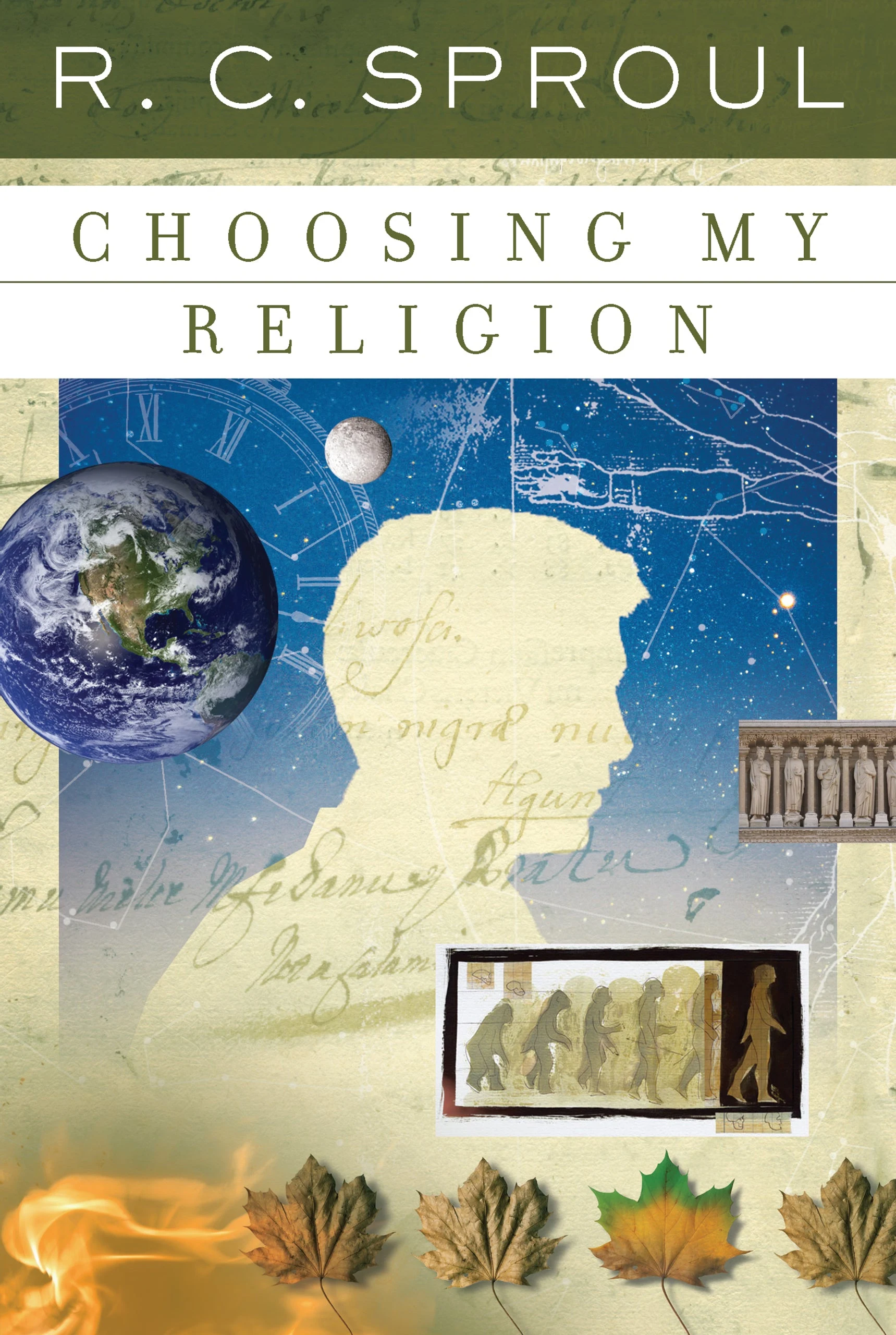Asking the Right Questions

Sometimes it is less important to have the right answers than to have the right questions. A man named Saul thought he did not need to ask any questions. He had all the answers. The most important question, according to Saul, was “How can I be good enough for God?” He thought he had that answer down cold.
The only problem was, he was wrong. American humorist Will Rogers could have told Saul, “It’s not what you don't know that will get you in trouble, but what you know for certain that just ain’t so.” Saul’s problem lay in the question “How can I be good enough?”
The answer, of course, is that he couldn’t. But he didn’t understand the holiness of God. No one who is separated from God understands His holiness. To tell you the truth, not many Christians do either.
Saul had never asked the right questions. I think non-Christians often don’t ask religious questions because down deep inside they have a sneaking suspicion of what the answers might be, and they don’t like them. But Christians also are afraid of questions for the same reason, so they get into trouble. Or they are afraid other Christians will call them “doubters” if they are overhead asking the wrong question. They don’t want to seem unspiritual or stupid. They also may be afraid God will lose patience with them.
But God loves to answer questions—the “stupider” the better—because He loves for us to have the ultimate truth we need to complete the sentence “I believe . . . ” He never loses patience with a question, and neither do people who are serving Him. If you take a question to more mature Christians, those who really are men or women of God, you likely will find they don’t think it is so dumb. Maybe they used to struggle with the same thing. Maybe they still do.
God tells us in James 1:5-8 that if anyone lacks wisdom “he should ask God, who gives generously to all without finding fault.” James adds that what God doesn’t want is for someone to ask with a wavering heart. The purpose of God’s answer is to build a faith that is strong, single-minded, and founded on truth.
Saul’s faith was strong and single-minded, but it was not founded on truth. He believed that he would please God most by persecuting the followers of that trouble-making rabbi, Jesus of Nazareth. It never occurred to him to ask a rather obvious question: “Who are you, Lord, and who is Jesus of Nazareth?”
So God had a question to ask this pompous religious leader. In order to ask Saul, God had to get the man's attention, so He tapped him on the shoulder (see Acts 9:1-9).
What He did was strike him blind. God knows how to get a person's undivided attention. Then He asked the question, “Saul, Saul, why do you persecute Me?”
Saul, with all the answers, didn’t have a clue as to what God was talking about. Persecuting God? Wasn’t he doing his best to serve God by ridding the world of the followers of a crucified criminal?
But now Saul did know what question to ask. He asked the most important of all questions: “Lord, who are You?”
That is when Saul started to become Paul the Apostle—when he was confronted head-on by the holy God. When it comes to evaluating a religion and choosing ultimate truth, “Who are You?” is the question God most wants to answer. Only after you see Him for who He is can you have an intelligent belief.


